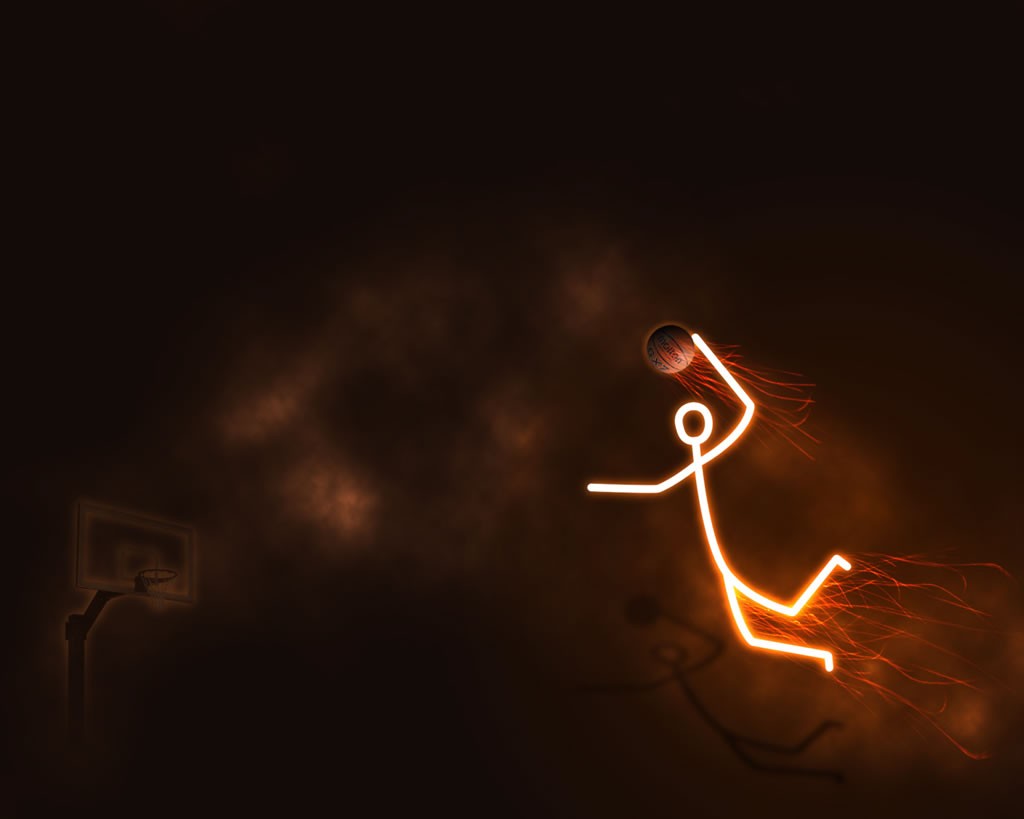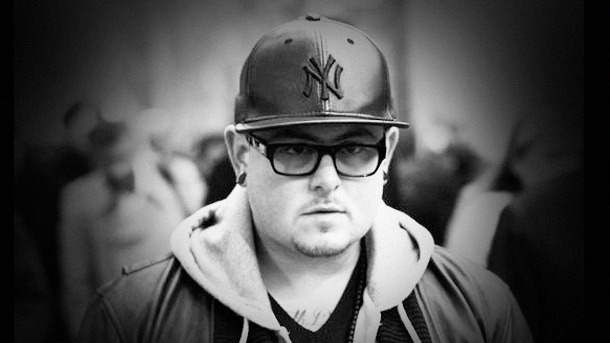“Which would be worse, karmically — to eat something beautiful or to kill something beautiful and not eat it?” A work of creative nonfiction which ponders humans relationship to the animals we eat…

by: Suze Kay
I learn in Alaska I have no taste for killing. Hardly a taste for catching, either, but perhaps that’s just a symptom of the spawning season. The fish are in a frenzy, fighting the current upstream, thrashing so thick in the water you can reach in and snatch one out. Many do, my friends among them, smacking the gasping heads of two salmon against flat river stones and packing their still-jerking bodies into a cooler.
Like shooting fish in a barrel, as the old saying goes, which I’ve always taken to mean too easy, and newly understand as unsporting. My friends note my displeasure, revealed in a grimace.
“Squeamish?” jibes Paul.
“Why can’t we just let them go back to the ocean?” I ask in lieu of an answer.
He laughs.
“They won’t. They die after they fuck. Like bees.”
I doubt it. I want to check the web and see if he’s right, but we have no service this deep in the wild. By the time I shower off the afternoon hike I’ve forgotten all about it. The worry and confusion washes away with sweat and sunscreen.
Back on the dock in the last of the light, the boys commit their final desecration and gut the salmon into the ocean. Kerry and I refuse to help but watch from the edge, dangling our feet in chilly water.
“First kill?” Paul asks Harrison. The young man, usually studying philosophy at Vassar, nods shyly. “Let me show you how we wild men do it.”
Paul hauls the first fish from the cooler. It must be two feet long at least, long and mottled gray green. He presses it against the splintered planks and slides a folding knife into its soft underbelly, opening it in one long pull. The wound spills crimson ichor. My stomach turns in sympathy. I’ve always thought of fish as clean meat, bloodless, but inside the fish is red as I am, just as messy.
Paul pokes into the slit, prising free a peanut-sized organ.
“The heart,” he announces, presenting it on his painted palm. “Eat it.”
Harrison surprises me by plucking up the heart and swallowing it whole with a convulsive gag. Kerry claps and whoops, the sound carrying across the bay. Paul digs the rest of the innards out with a spoon and swishes the fish in the water, returning its body to the air clean as if it’d never been cut. Paul slaps it back into the cooler and goes to work on the other fish. I turn away and watch small loops of intestine bob in the waves, shiver and lift my feet from the water. Go to look my dinner in the eye.
From a distance, the salmon is an ugly, dull creature. But up close, even dead, it has a certain gap-mouthed charm to its face, scratched dime eyes frozen forever in a look of surprise. I shift to peer into its seam, spot the bright pink of its interior flesh, admire the glance of sunset across its scales. It’s hard to tell what color the fish is anymore — certainly not green, well, perhaps at one angle, but at every other a flash of something new. It has a silver sheerness to its coloring, or perhaps a not-color-at-all-ness to its silver being.
“I’m sorry,” I whisper into the cooler, making sure Paul isn’t looking as I do. I consider the prospect of eating the fish later and don’t relish it. Which would be worse, karmically — to eat something this beautiful, or to kill something beautiful and not eat it? I’m not sure, but at the moment of the question I forget I haven’t really participated in the killing, and when I remember I’m not sure it matters.

Back in the yard, the boys set the rusty lid of a lobster trap over our firepit and roast the long, flat bodies. Now past midnight, the sky has finally gone dark, shuttering itself for a small spread of hours. The fish are shadows against low, ebbing flame. Before long comes the sizzle of dripping fat, the smell of charred ocean rising to meet my growling stomach.
Paul leans close, inspecting our meal, flipping the fish with fast fingers and a stick.
“How can you tell when they’re done?” I ask. “I can’t even see them.”
“Don’t need to see,” he says. “Just touch.” He guides my hand through the dark, coaxes me into pressing the tip of my index finger to a salmon’s hot, crackled skin. The flesh does not yield. “See?” he asks as I suck oil off my smarting pad. It tastes like smoke. “Still too hard.”
We wait. We drink beer and watch the stars, so different from the smoggy east coast sky I know. Kerry, a Bowdoin astronomer, lazily points out all the constellations she can find. There are many, and the fish is done before she is. Paul wraps his hands in beach towels and drags the grate to a tree stump. Before he divvies up the salmon, he makes me press my finger back into the scales.
“Feel the difference?” he asks me, and I lie and said I do.
Around me, the others take their first bites and moan. I forget my prior hesitations and karmic questions and take my own, and become ruined. After the Sitka salmon, there will be no more pleasure in standard grocery fare. Nothing can ever compare to the clean, lived-in saltiness of this flesh, the firm flakes melting on my tongue, the left-behind rime of smoke-kissed fat. Oh, yes, now I know. For this, I would kill.
But the next time we hike along the water, the spawning is done. The stream is littered with silver bodies, the riverbed stinking high to heaven. We change course, retreat deeper into the first growth forest, settle for handfuls of huckleberries on the trail and burgers at the pub that night.
A decade later, I attend a lamb roast at a farm in upstate New York. The host has hired a shepherd to do the killing, to dress the creature behind the barn, to construct the spit and set it to turn, but the boys still troop as one to select their dinner from the farmer’s tender young flock. They watch it happen and return, crack beers with vigor.
I stay in the kitchen with the girls, drinking coffee.
“It just makes me sad,” says one, a physicist.
“Not how I prefer to start my day,” says another, a lawyer.
What isn’t said: killing is boy’s work, always has been and always will be. Though the sentiment may hang around us like perfume, none of us really think so. We all work jobs that used to be boys’. We’d all like to think ourselves capable of doing what’s necessary. This just doesn’t feel necessary. Unsporting, even, to select a being from a pen, bred and born and raised for slaughter. And sure, a little sad.
I only see the lamb once it’s well on its way to being cooked, charred and hardly recognizable as something that once breathed. Something with eyes that shone. On my plate, the meat is dry and gamy. I push it around but the boys go back for seconds, and I wonder if the killing makes it taste better. Even if you only watch.
Suze Kay is a pastry chef in New Jersey by day and a writer whenever the oven’s off. Her work has been published in RHP Press and Ginger Bug Press, upcoming in Wasteland Review and Bus Talk Lit. She was awarded first place for Science Fiction in the 2023 Vocal Writing Awards. She loves liminal spaces, one song on repeat, and her little gray cat, Aura. You can find her on Twitter @suz_chef.





